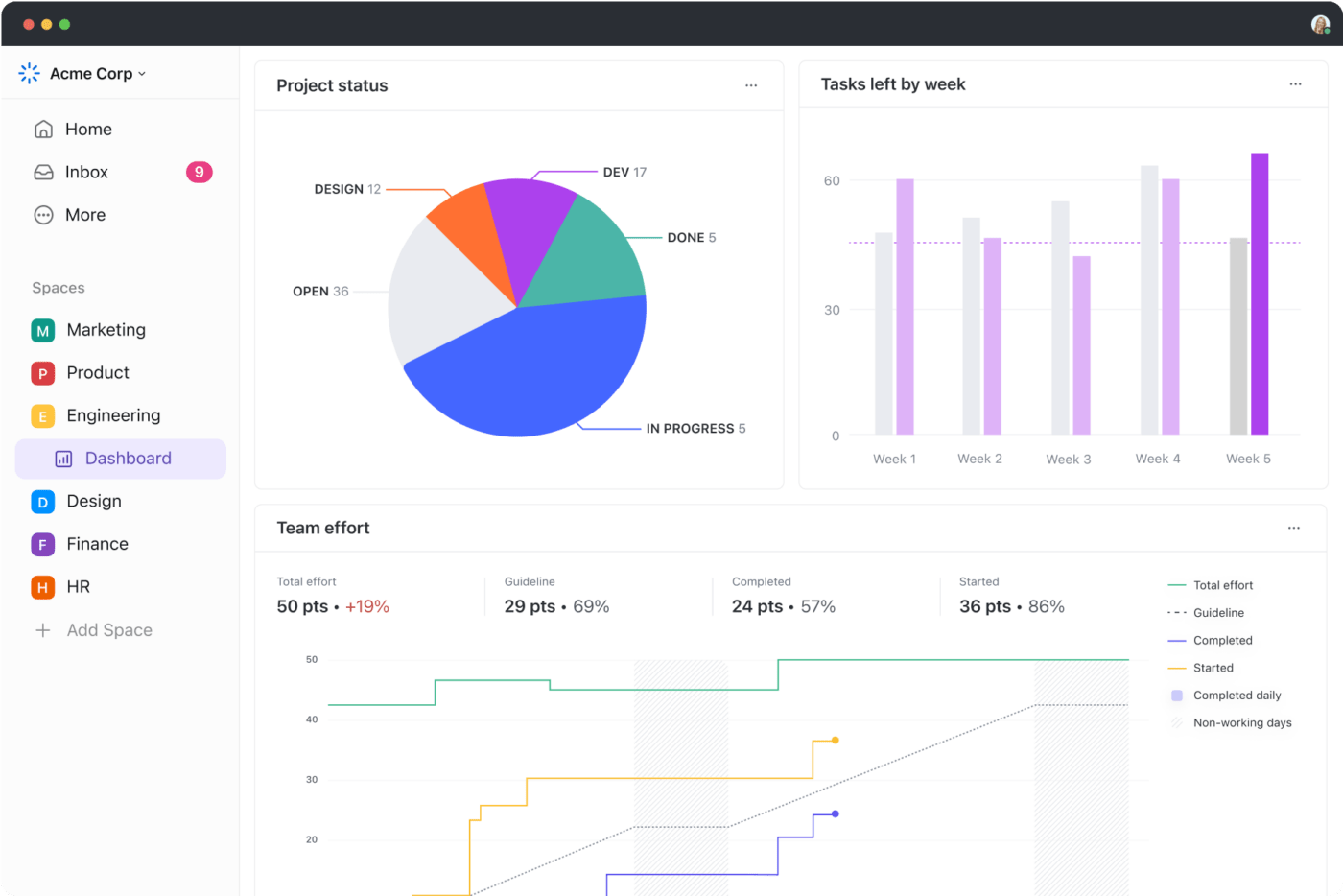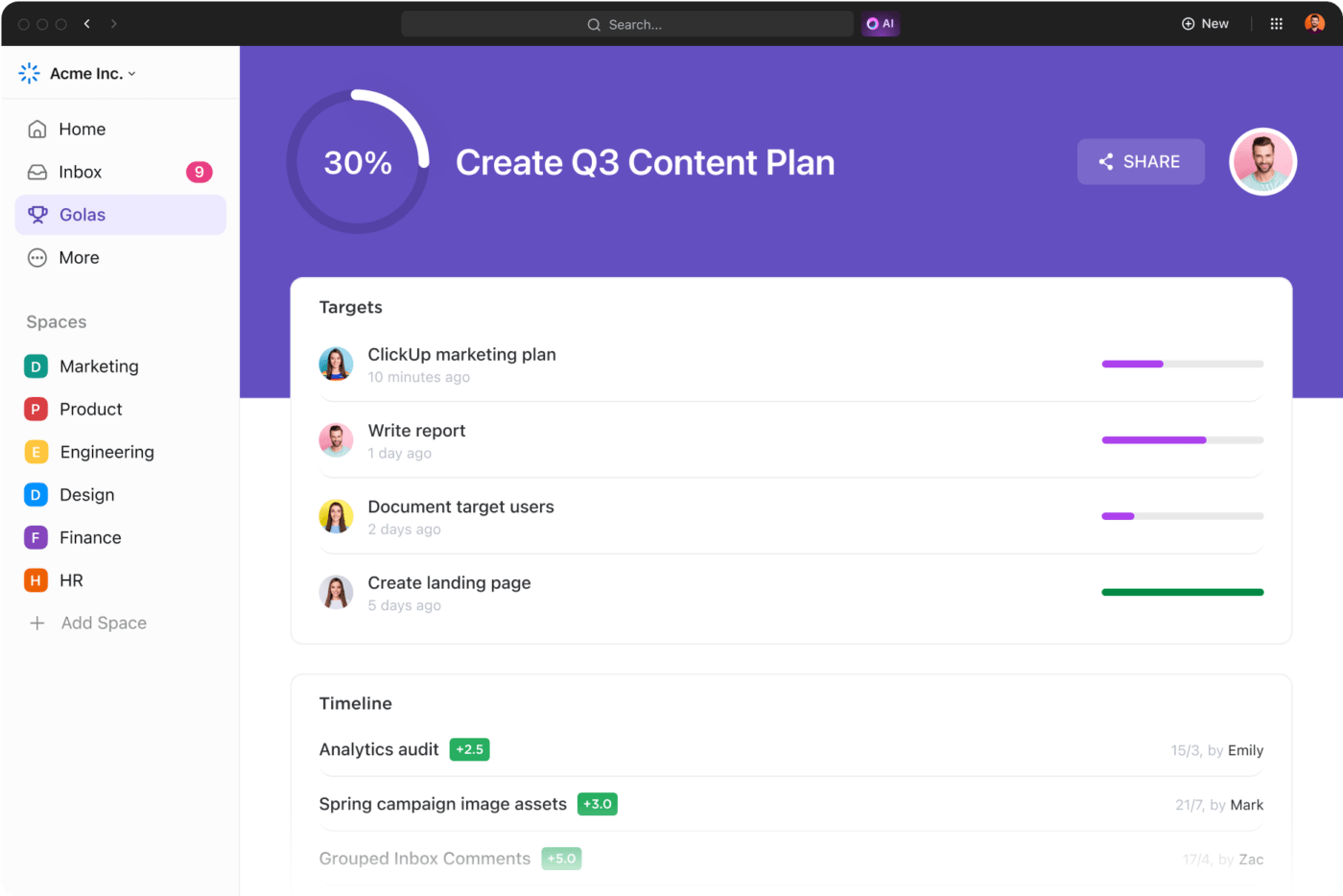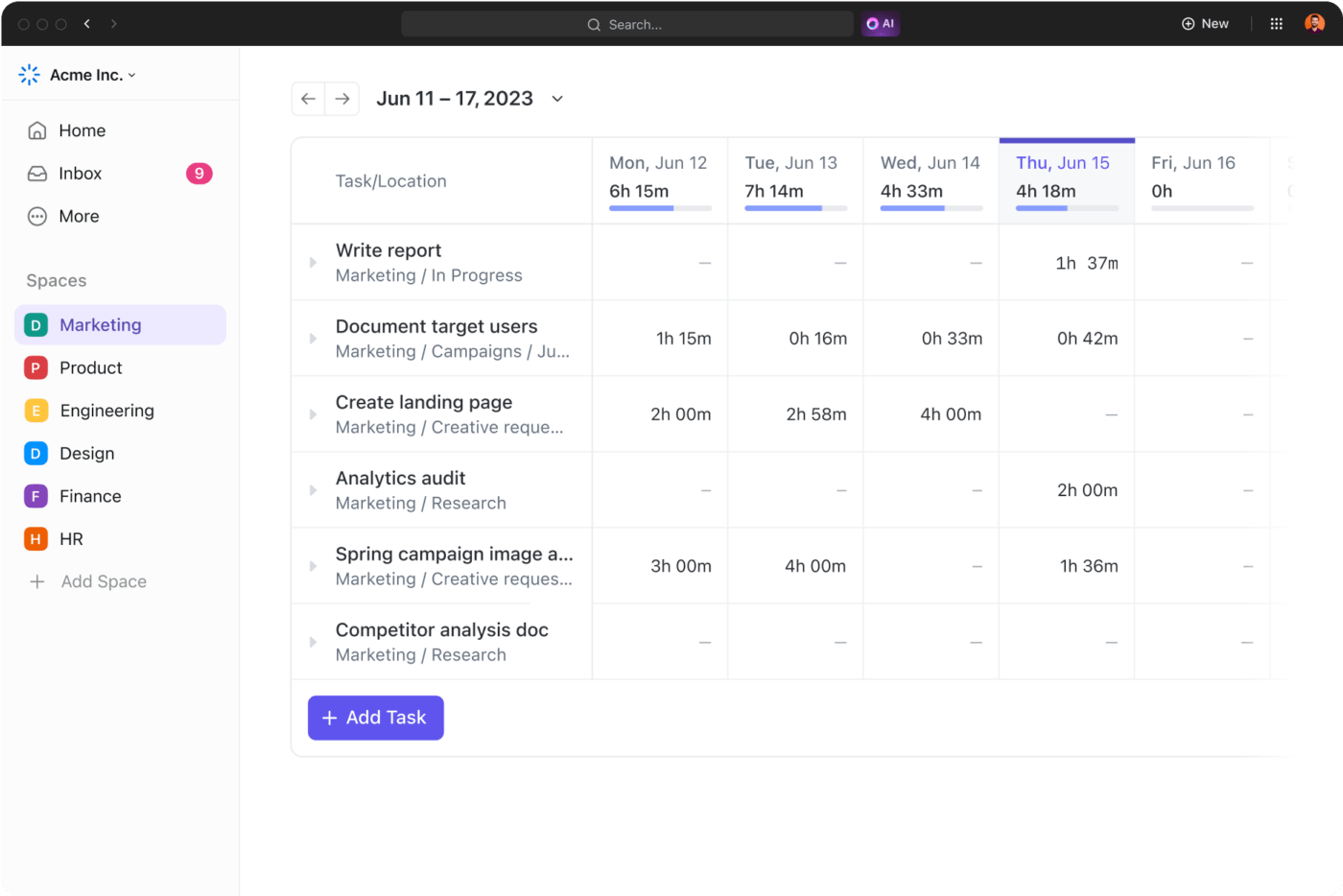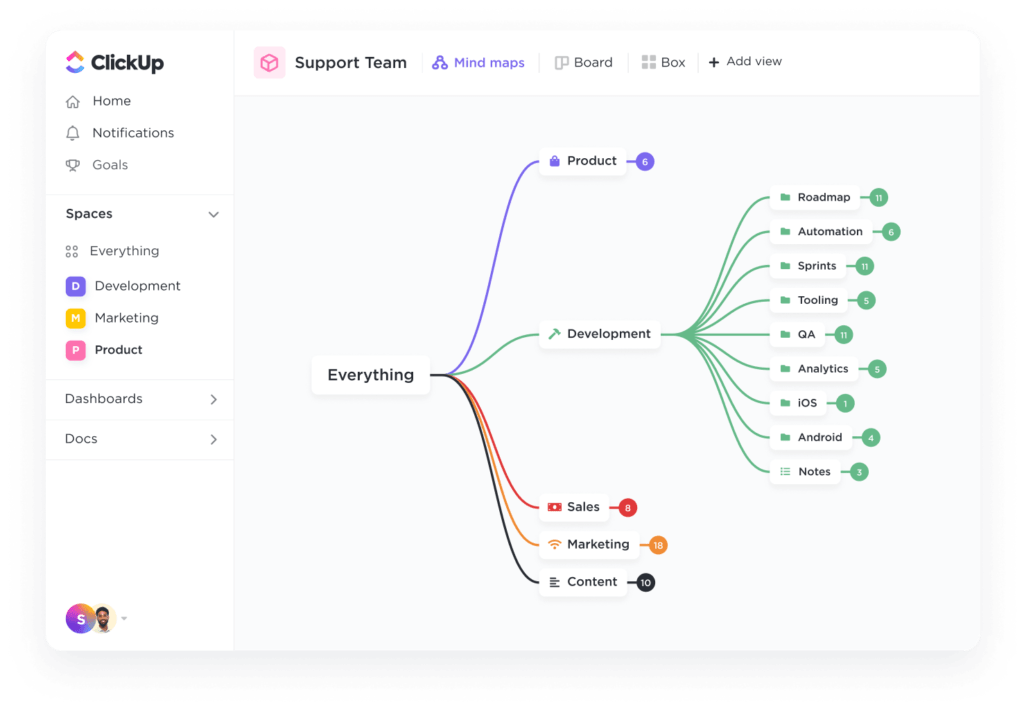10 Developer and Coding Communities to Join in 2026

Sorry, there were no results found for “”
Sorry, there were no results found for “”
Sorry, there were no results found for “”

Are you starting your journey as a developer? It’s an exciting path, filled with opportunities to create and solve problems. Of course, as with any tech career, you’ve got to keep learning new skills and technologies and stay updated about the industry.
That’s why being part of a developer community is so beneficial.
Imagine a supportive community where you can meet fellow software developers and enthusiasts, swap stories, get advice on technical questions, and find mentorship—all to help you thrive in your coding career and reach your goals.
Finding the right global community isn’t always straightforward, but don’t worry, we’ve got you covered.
This article will guide you through some of the best developer communities that align with your goals and interests. Ready to find your coding crew? Let’s begin.
Finding a community of like-minded software developers can make a huge difference in your coding journey and collectively change the game for software teams. Let’s take a look at the top ten developer communities where you can connect, share, and grow.

FreeCodeCamp is a well-known platform and developer community that offers free coding courses in web development, data analysis, data science, and more. Beyond its educational resources, FreeCodeCamp has a thriving online community where learners can connect through forums, chat rooms, and local study groups.
It also features a wealth of community-published data, enabling users to access insights and success stories from fellow coders.
According to a Reddit user,
FCC doesn’t hold your hand and do everything for you. It’s not like following a tutorial or just plugging in whatever code it tells you to. It gives you a goal problem to solve and is laid out in a way you have to read docs and do research so when you complete a task; you actually understand what it is you’re doing.
This self-directed learning approach and social development environment make it an excellent place for beginner and intermediate developers to gain practical skills while contributing to real-world projects for nonprofits.

Product Hunt is a unique knowledge-sharing community where developers, tech enthusiasts, and entrepreneurs share and discover new tech products, apps, and tools.
While it’s not a traditional developer forum, it’s an essential resource for developers who want to stay on top of the latest tech trends, launch their products, and get feedback from a tech-savvy community. This is a valuable global network where you can find professionals with similar interests eager to join forces on new projects or explore business ventures.
Moreover, Product Hunt extends its community spirit through regular meetups. Since their first gathering in San Francisco in 2014, over 300 meetups have been hosted worldwide. These meetups are a vibrant part of the community, offering a chance to meet future collaborators and co-founders or have an interesting real-life conversation.
Also read: A day in the life of a software engineer

HackerNoon stands out as a pivotal platform for developers who are eager to dive deep into the world of tech narratives and professional growth. It’s not just a place to read about the latest in technology; it’s a vibrant developer community where developers contribute their own articles and share insights on a wide array of topics, including programming, software development, and emerging tech trends.
At HackerNoon, you can engage with content that spans beginner coding tutorials to in-depth analyses of complex tech phenomena. This community thrives on its members’ contributions, making it a dynamic space for learning, sharing, and networking with peers in the tech industry.
Recently, Hackernoon served as the media partner for the 2.0 Conferences, enhancing the event’s reach and impact. By aligning with major industry events like these, HackerNoon offers its community members opportunities to engage with thought leaders and innovators from around the world.

Stack Overflow is an essential destination for developers seeking knowledge and solutions across various technical challenges. For over 15 years, it has served as a vital Q&A platform where millions of developers worldwide converge to ask questions, share expertise, and learn.
From debugging software issues to exploring new programming techniques, Stack Overflow offers a comprehensive ecosystem supported by a developer community that thrives on collaboration and peer-to-peer assistance.
Each year, Stack Overflow conducts an extensive developer survey that illuminates coding trends, technologies and tools in use, and the growing influence of AI in the developer’s workflow. The 2024 survey garnered responses from over 65,000 developers, revealing key insights into their technologies, desire to learn, and experiences at work.
The Stack Overflow podcast covers various interesting topics about working in the software field.

Dev.to is a thriving community for developers of all levels, from beginners learning to code to seasoned tech professionals. As a platform where coders can share, stay updated, and grow their careers, Dev.to fosters an inclusive environment built on Forem, an open-source software.
Members can explore a wide range of topics through articles, discussions, and tutorials on topics ranging from web development to machine learning. The community emphasizes career growth and practical coding advice, offering a space to connect with like-minded peers and industry experts.
Additionally, Dev.to hosts engaging DEV Challenges, similar to miniature hackathons, which are a fun way to build up experience using new tools or showcase your skills to the community and potential employers. These challenges range from blockchain adventures to AI-driven app development. They offer participants a platform to learn and innovate and the opportunity to win cash prizes.

Reddit is a sprawling global network where developers can dive into subreddits like r/developers to share knowledge, ask questions, and engage with an international community. Within this space, users range from hobbyists working on their first projects to seasoned professionals discussing industry trends.
For example, posts on Reddit vary from detailed queries about the latest Python libraries to career advice threads on navigating job role transitions in tech. Users can also participate in collaborative projects, such as building a game-changing Chrome extension or seeking mentorship on no-code app development for environmental projects.

Google Developers Groups are local meetup communities sponsored by Google to support developers globally as they learn about Google’s technologies. Members can attend workshops, hackathons, and other events in these groups to improve their technical skills and connect with other tech enthusiasts.
For instance, GDG chapters like GDG San Francisco and GDG New York regularly host events on Google’s latest technologies, such as Flutter workshops or Google Cloud training sessions. These meetups provide hands-on learning experiences and offer networking opportunities with peers and experts in the field, enhancing both personal and professional growth in the tech community.
One of the GDG calendar highlights is DevFest, the largest and most inclusive community-led technology conference in the world. DevFests are hosted annually by various GDG chapters worldwide, offering developers the chance to explore developer tools, learn from Google Developer Experts, and connect with other developers from their local community.

The OpenAI Developer Forum is a crucial platform for developers working with OpenAI’s APIs, including GPT and DALL-E models. It provides a space where developers and machine learning practitioners can seek advice, share their projects, and engage with both OpenAI’s support team and a broad community of peers.
For example, users discuss the implementation challenges of API versions, explore best practices for fine-tuning models, or seek solutions for specific error messages related to image processing with GPT-4.
Additionally, the OpenAI Forum actively hosts events focusing on everyday solutions with AI. These events offer invaluable opportunities for real-time interaction and networking among AI enthusiasts and experts, further shaping the future of AI in practical and ethical contexts.

Monday Code, part of the broader monday.com ecosystem, is tailored specifically for developers integrating and automating workflows on the monday.com platform. It’s a community hub where developers can exchange ideas, troubleshoot issues, and enhance their use of monday.com’s features through custom scripts and integrations.
For instance, developers discuss automating repetitive tasks with custom automation scripts, integrating third-party APIs for enriched functionality, or using GraphQL to fetch and manipulate data more efficiently. Monday Code supports a collaborative environment where developers can share solutions and innovations, pushing the boundaries of what can be achieved with monday.com’s platform.

This is an Apple developer program for iOS developers. It includes a website with technical documentation and Apple Developer Forums, where developers can share ideas, discuss technical topics related to Apple platforms and products, and get help from the community on problems they are trying to solve.
There are also many local user groups and meetups for Apple developers to catch up and share knowledge. Apple also organizes an annual Worldwide Developers’ Conference (WWDC), one of the longest-running tech conferences in the industry. This is traditionally where developers get their first look at new Apple technologies, products, and features. The event is live-streamed worldwide, and many local developer groups organize watch parties around it.
Engaging with a developer community can be a transformative step in your tech career. Here are some tips to help you connect effectively and make the most of these vibrant networks:
Start by identifying coding communities that align with your interests, whether it’s a specific programming language, technology stack, or fields like web development or machine learning.
Don’t just lurk—engage! Ask questions, answer others’ inquiries, and share your projects. Active participation helps you learn and get your name recognized within the community.
In-person and virtual events are fantastic for connecting with peers and industry leaders. They often offer workshops, talks, and networking opportunities that can lead to mentorship, collaborations, or job opportunities.
Contributing to open source is a way to give back to the community while building your skills and reputation. Even small contributions can lead to big impacts and connections with other developers who are passionate about the project.
Follow relevant hashtags and accounts related to your tech interests on platforms like X (formerly Twitter) and LinkedIn. This will keep you updated about the latest community news, learning resources, and upcoming events.
Once you’re comfortable, seek out mentoring opportunities. Being mentored can accelerate your learning, whereas mentoring others can solidify your knowledge and establish you as an expert in the community.
Developer communities are not just for solving coding issues; they are crucial for collaboration, learning, and staying updated with the latest technology trends. Besides community, thriving as a developer in the fast-paced tech industry also hinges on effective tools that streamline and manage tasks.
In your development workflow, simplicity and efficiency in managing projects are crucial. Integrating ClickUp for Software Teams into your daily workflow facilitates better organization, enhances productivity, and keeps your team in sync.
Whether you’re working on a new game design software or leveraging AI for software teams, ClickUp provides a robust environment for managing complex projects.
ClickUp offers the tools to manage every aspect of software development, from ideation to delivery. Its AI-powered productivity enhancements make it an excellent task management tool for integrating AI tools for developers and DevOps teams.
Here’s how ClickUp stands out:






That’s not all; explore ClickUp’s rich library of templates to save time and effort.
For instance, the ClickUp Software Development Template is specifically designed for Product, Design, Engineering, QA, and Design teams.
It provides a fully customizable workspace with advanced features to support complex project needs. Teams can collaborate effectively using various views, such as Board, Doc, List, and manage tasks through customized statuses and fields.
This template facilitates agile methodologies such as Scrum or Kanban, enhancing workflow automation and productivity. It’s designed to streamline the process from product roadmap creation to feature delivery and bug fixing. It is an essential tool for development teams looking to optimize their project management practices.
As a developer, embracing community connections and leveraging robust tools like ClickUp can significantly elevate your career trajectory. Engaging with communities provides invaluable opportunities for learning, mentorship, and networking, helping you stay current in the ever-evolving tech landscape.
Meanwhile, ClickUp serves as a comprehensive solution for managing your projects efficiently. It allows you to streamline processes and maximize productivity without the clutter of unnecessary tools. By integrating ClickUp into your workflow, you ensure that every step, from planning to execution, is seamless and effective. Ready to take your development projects to the next level?
Sign up for ClickUp today and transform the way you work.
© 2026 ClickUp